Unlock the Editor’s Digest for free
Roula Khalaf, Editor of the FT, selects her favourite stories in this weekly newsletter.
Jaguar Land Rover has suspended all shipments of cars to the US for a month, as the disruption to global automakers’ supply chains rapidly spreads in response to US President Donald Trump’s punitive tariffs on vehicle imports.
The British automaker has paused shipments as it works out a longer term response to the 25 per cent tariffs on vehicle imports The duty applies to all cars assembled outside the US with partial exemptions for Mexico and Canada.
“The USA is an important market for JLR’s luxury brands. As we work to address the new trading terms with our business partners, we are enacting our short-term actions including a shipment pause in April,” it said in a statement.
The move by the British car company underlines the chaos that Trump’s tariffs are unleashing on a global auto industry that has built up complex supply chains underpinned by free trade.
It follows the decision by Chrysler and Jeep maker Stellantis on Friday to furlough 900 employees in the US after putting a temporary pause on production in Mexico and Canada.
Japan’s Nissan is also looking to rework its supply chains in response to the tariffs.
On Friday, the Japanese group said that it would not take any new US orders of two models from its Infiniti luxury range built in Mexico. It also said that it plans to maintain two shifts at a production line on its Smyrna plant in Tennessee, having earlier said it would go down to one shift to save costs.
Nissan has drawn up plans to shift some production of the Rogue SUV from its domestic plant in Kyushu to Smyrna, according to a person familiar with Nissan’s plans. Nissan declined to comment.
The attempt to reshape auto supply chains comes after equity markets suffered a brutal plunge this week with the S&P 500 losing 10 per cent in two days.
The impact of the tariffs on the auto industry could be enormous — and become even more severe if 25 per cent tariffs on a wide variety of imported parts comes into effect on May 3, adding to the levy on finished cars imposed on Thursday.
UBS analysts have estimated that the two sets of tariffs combined could cost Japanese car companies ¥3.6tn ($24.7bn).
Nissan shifting production out of Japan will be politically sensitive given mounting strains felt by thousands of small and medium-sized auto suppliers, whose profit margins have already been put under pressure by rising wage costs.
Likewise, JLR’s pause will add to concerns about the future health of the British auto industry, as the group exports 31 per cent of the some 400,000 vehicles sold annually to North America.
Toyota, the world’s largest automaker, has signalled to suppliers that it intends to reduce manufacturing costs in response to the tariffs in an attempt to avoid rising prices for consumers.
The Japanese automaker was singled out by Trump in his speech unveiling “reciprocal” tariffs. He said Toyota sells 1mn foreign-made cars every year in the US. Japan was the “worst violator” and “in many cases, the friend is worse than the foe in terms of trade”, the US president said.
Many Japanese carmakers already have factories in the US and may be wary of assembling huge investment packages, analysts say, given concerns about the high costs and the availability of labour in the US.
South Korea’s Hyundai announced last month a US investment package plan totalling $21bn but this did not result in exemptions or carve outs for Seoul.


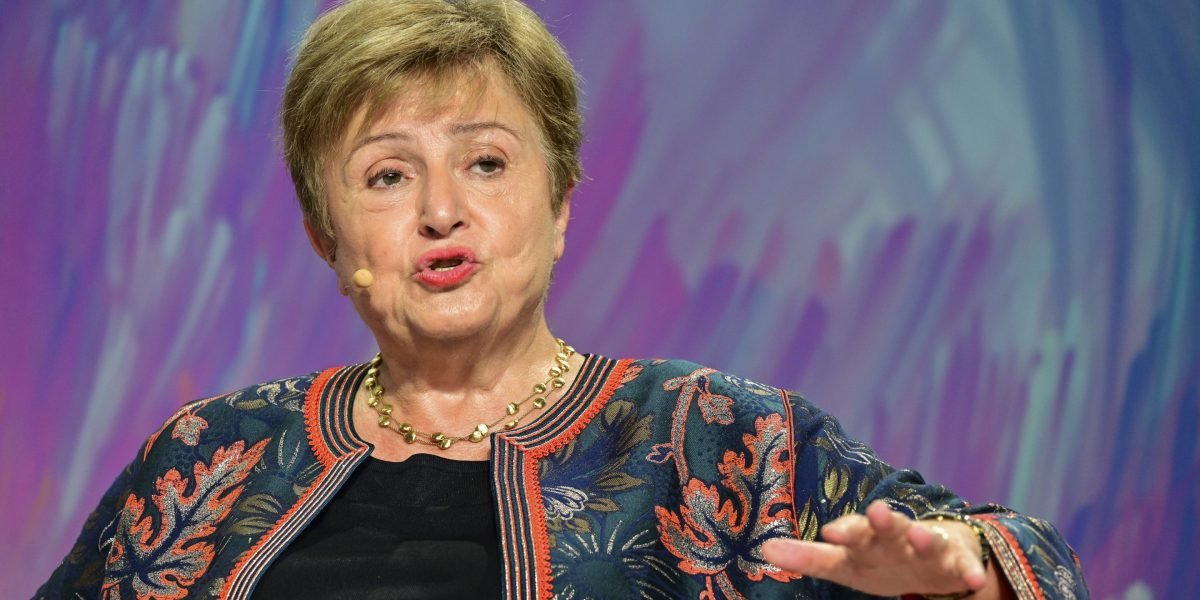

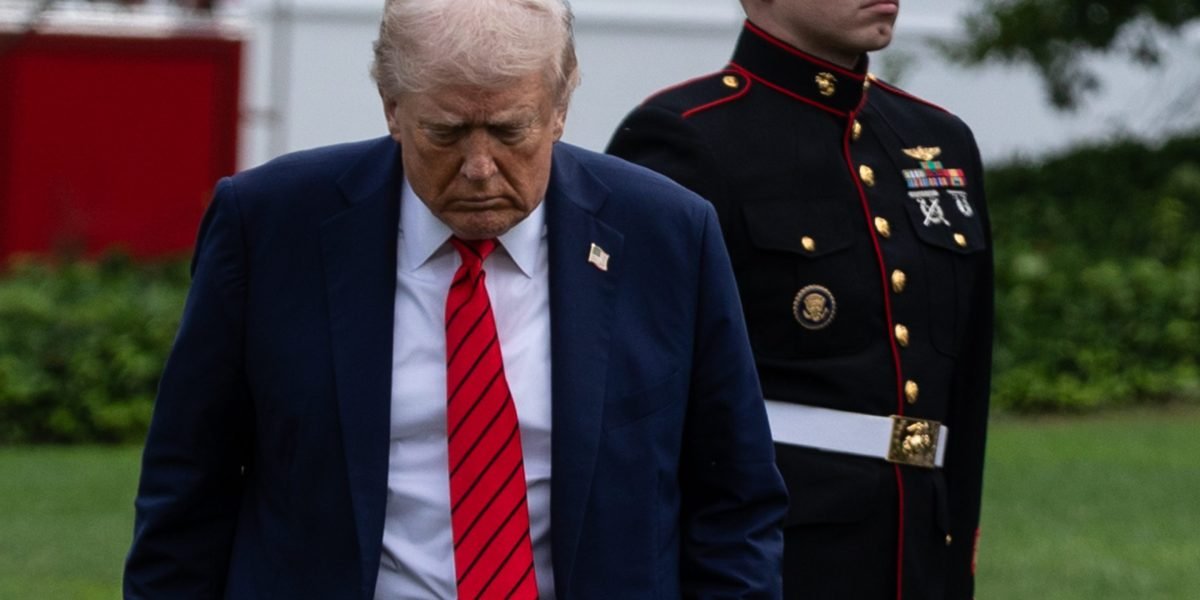
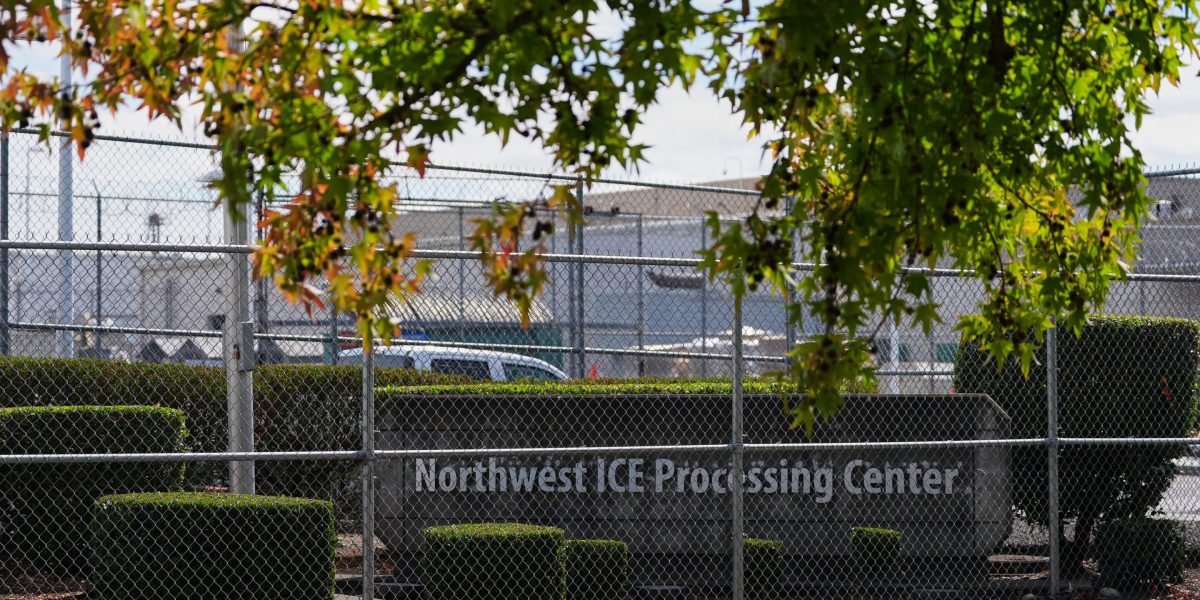
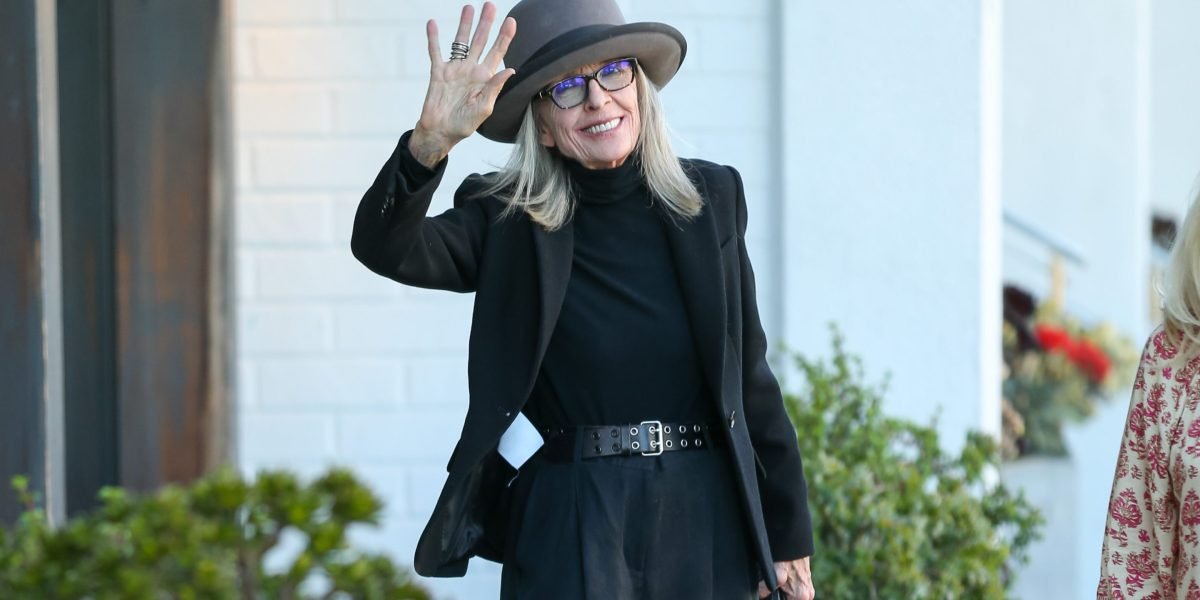
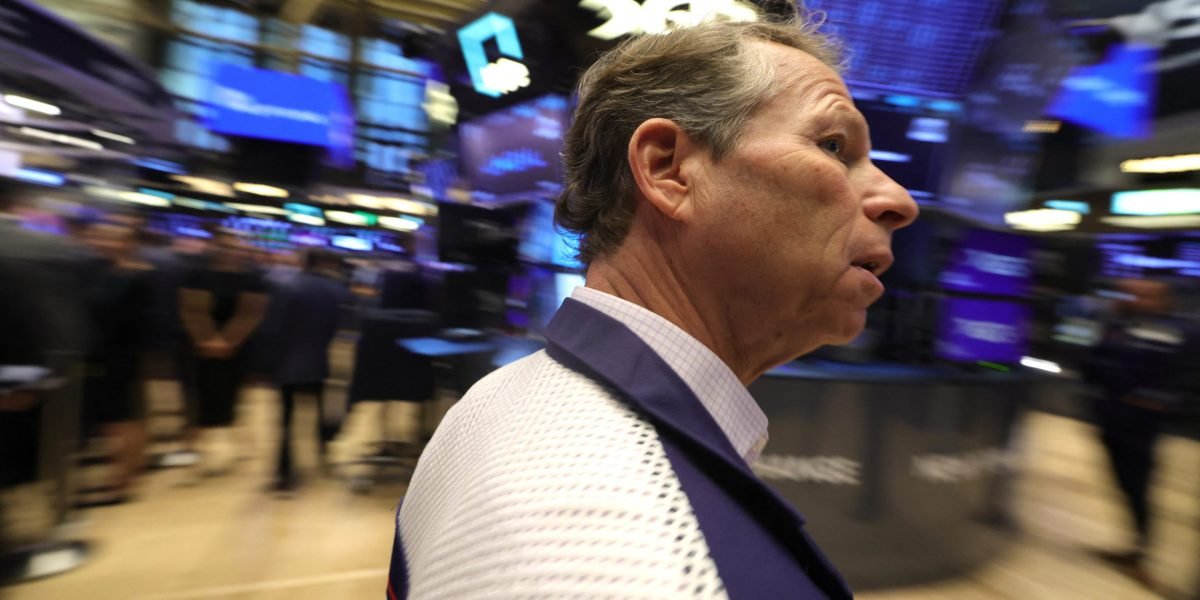
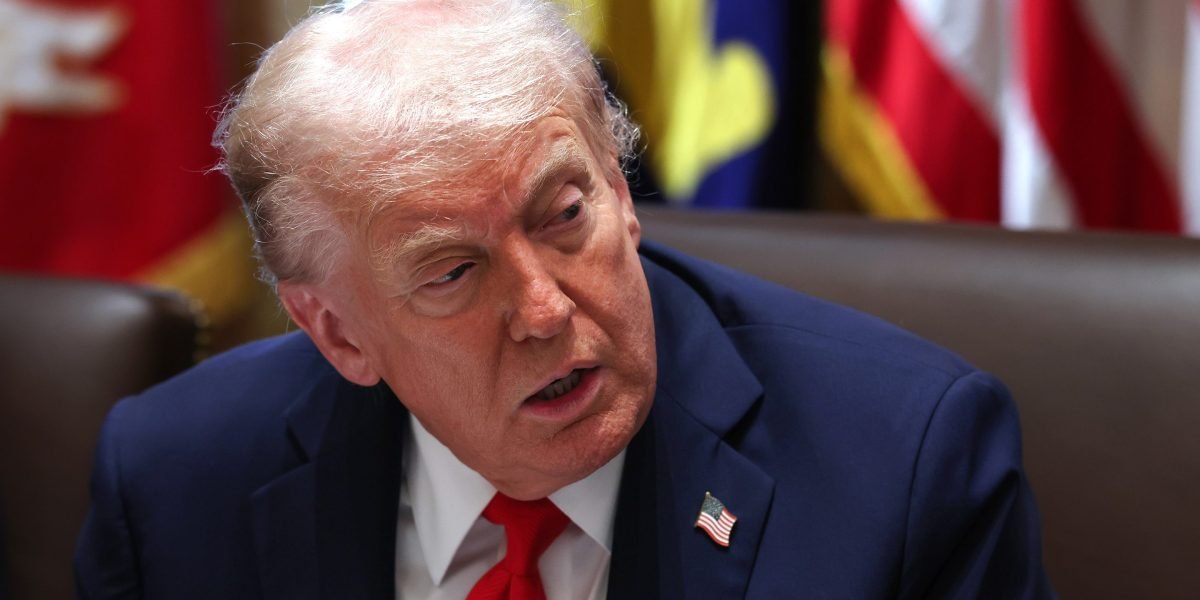
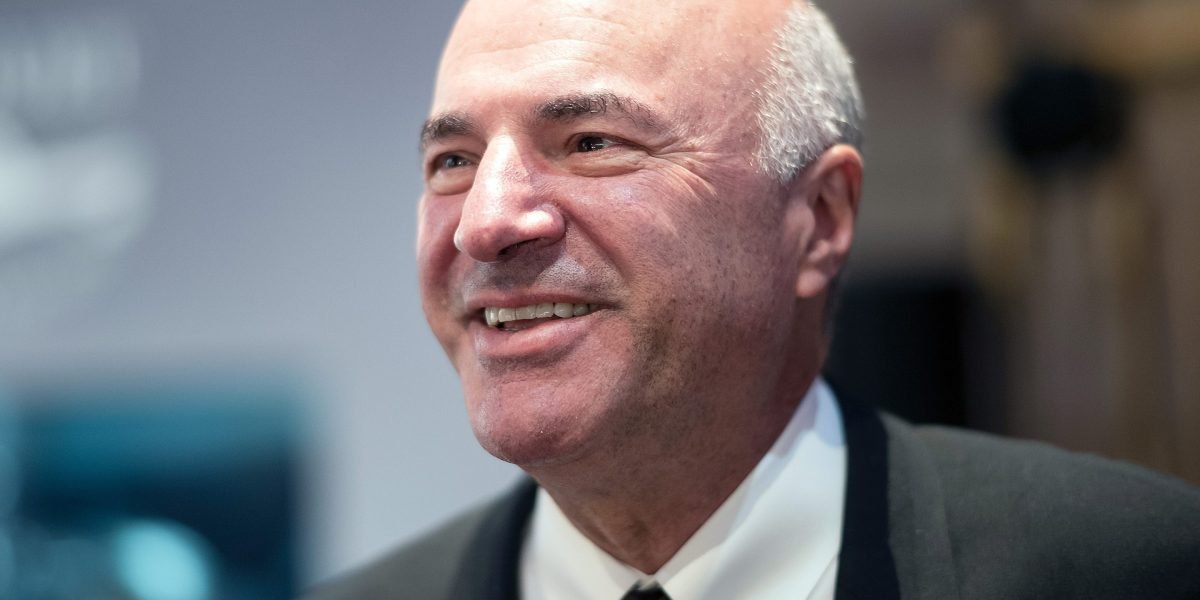
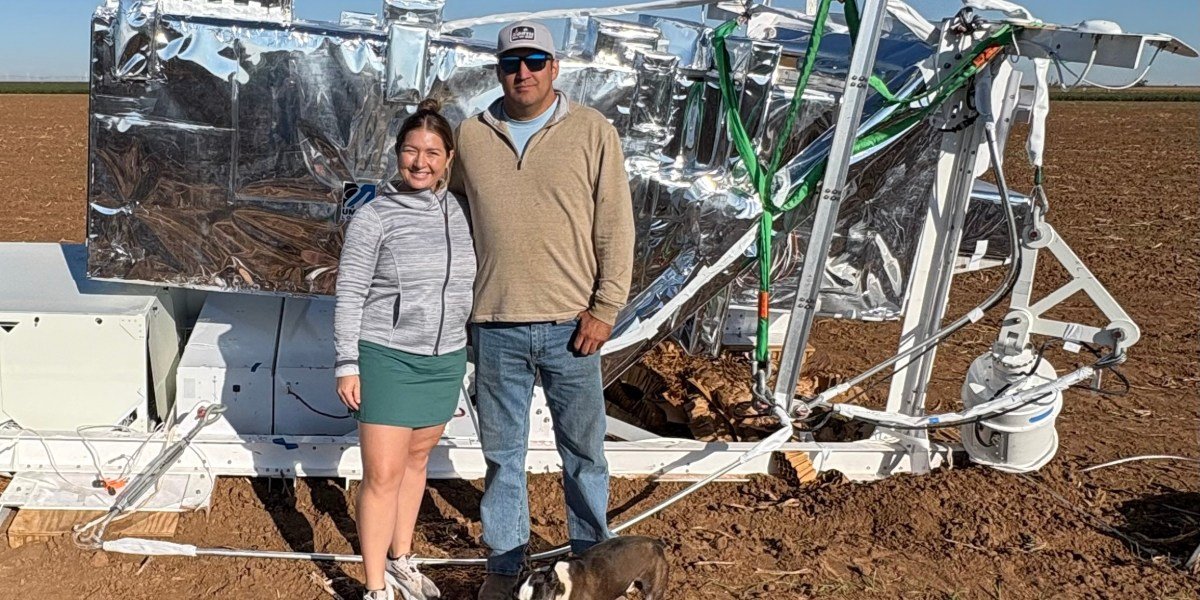



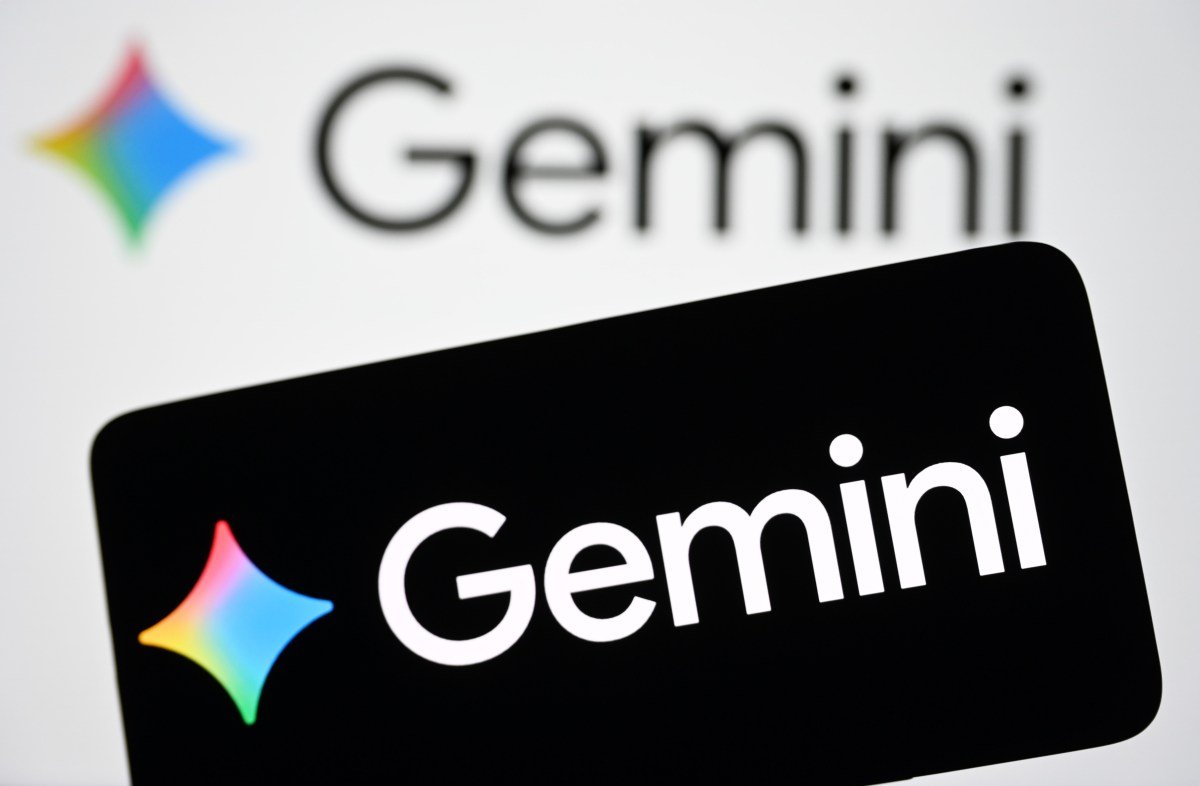
Leave a Reply